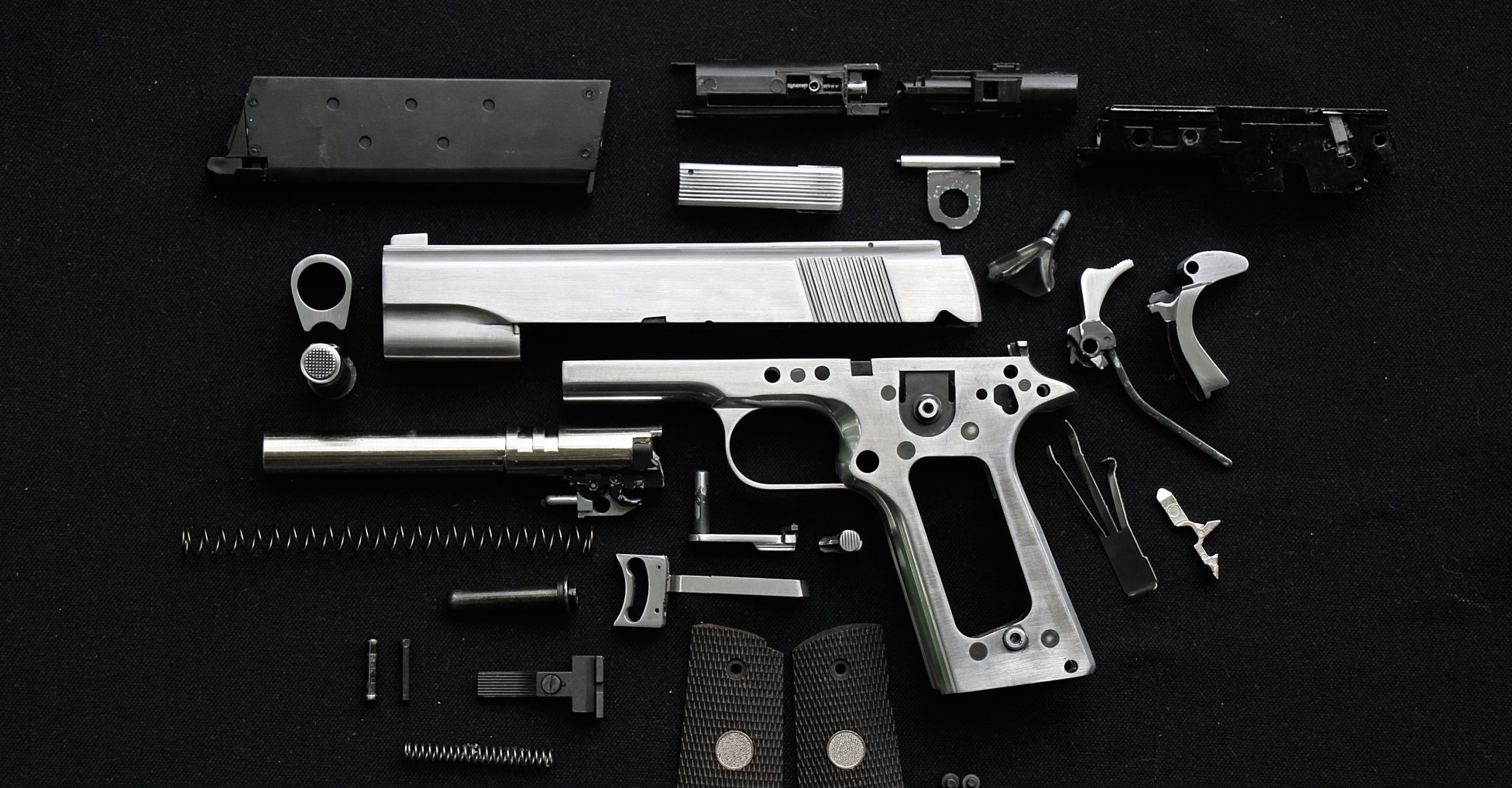A majority of Americans would consider a “childproof” gun as their next firearm purchase, according to a new study released Thursday by Johns Hopkins Bloomberg School of Public Health. Though the survey did not ask about so-called “smart guns” — whose safety features are designed to render them inoperable to anyone but their owner, both other adults and children included — the poll offers a glimpse at the marketability of the emerging technology. While smart guns have been touted as a tool for preventing unintentional firearms deaths, very few have found their way to gun store shelves, thanks in part to pushback from the National Rifle Association and other gun-rights groups. With more than four in 10 gun owners in the sample saying they’d be open to adding such a firearm to their collections, the results suggest that significant numbers of gun enthusiasts might buy smart guns if they could.
“This is the first time that anyone has presented good, solid evidence of the strength of the public’s desire to buy personalized guns,” Dr. Stephen Teret, a co-author of the study, tells The Trace. “It’s an enormous piece of news to those interested in making personalized guns or investing in them.”
The study asked participants, “If you were to purchase a new handgun, how willing would you be to purchase a childproof gun that fires only for authorized users?” Of 3,949 respondents, 59 percent said they would be willing to consider a childproof gun if they were to purchase a new weapon. Teret also added that 43 percent of gun owners — or respondents who already owned at least one firearm at the time the study was conducted — were interested in buying personalized weapons.
Despite that receptiveness, past efforts by gun dealers to sell smart guns haven’t always gone smoothly. A controversial 2002 New Jersey law that required gun dealers in the state to exclusively stock smart guns once they became commercially available prompted extreme backlash from gun-rights advocates. In 2014, a gun dealer in Rockville, Maryland received death threats after he decided to offer an Armatix iP1 smart gun at his store. Earlier this week, New Jersey Governor Chris Christie vetoed a bill that would have updated the law to allow gun dealers in the state to stock smart guns alongside conventional firearms.
The results of the John Hopkins study show a significant improvement of public opinion. In 2013, research funded by the National Shooting Sports Foundation, a trade group for the firearms industry, found that just 14 percent of Americans were very or somewhat likely to buy a smart gun. Teret believes the tide is turning in part because American consumers have already shown their willingness to purchase personalized products like cars with keyless ignitions or iPhones with fingerprint recognition.
“We have all these products that are personalized to us in one way or the other, and they’re reliable, people have been using them for a long time,” Teret says. “The NRA is trying to convince Americans that they should worry about the reliability of this technology, but this survey shows that their campaign hasn’t been working.”
The survey also comes on the heels of President Barack Obama’s suite of executive actions, which instructed the Departments of Defense, Justice, and Homeland Security to research smart gun technology, and explore its use in government agencies. At a town hall on January 7, the president compared smart guns to safety improvements in toys, cars and pharmaceuticals, saying, “The notion that we would not apply the same basic principles to gun ownership as we do to everything else that we own contradicts what we do to try to create a better life for Americans.”
[Photo: Rex Features via AP Images]


